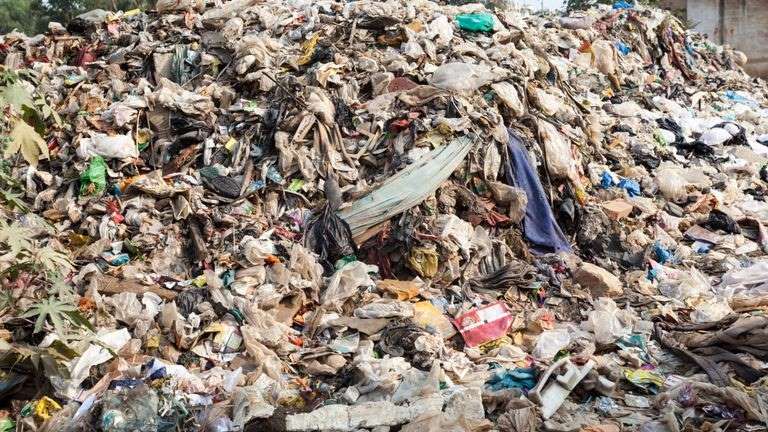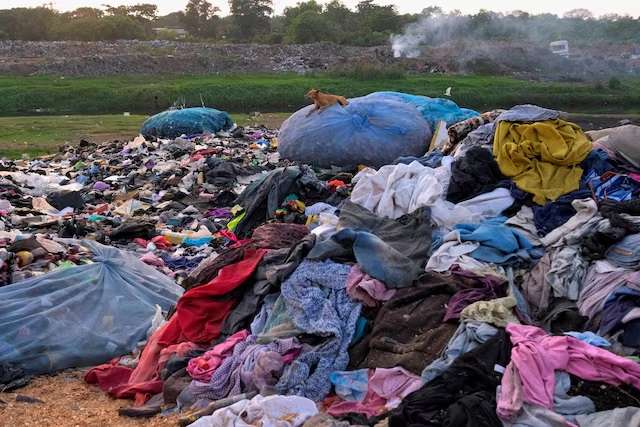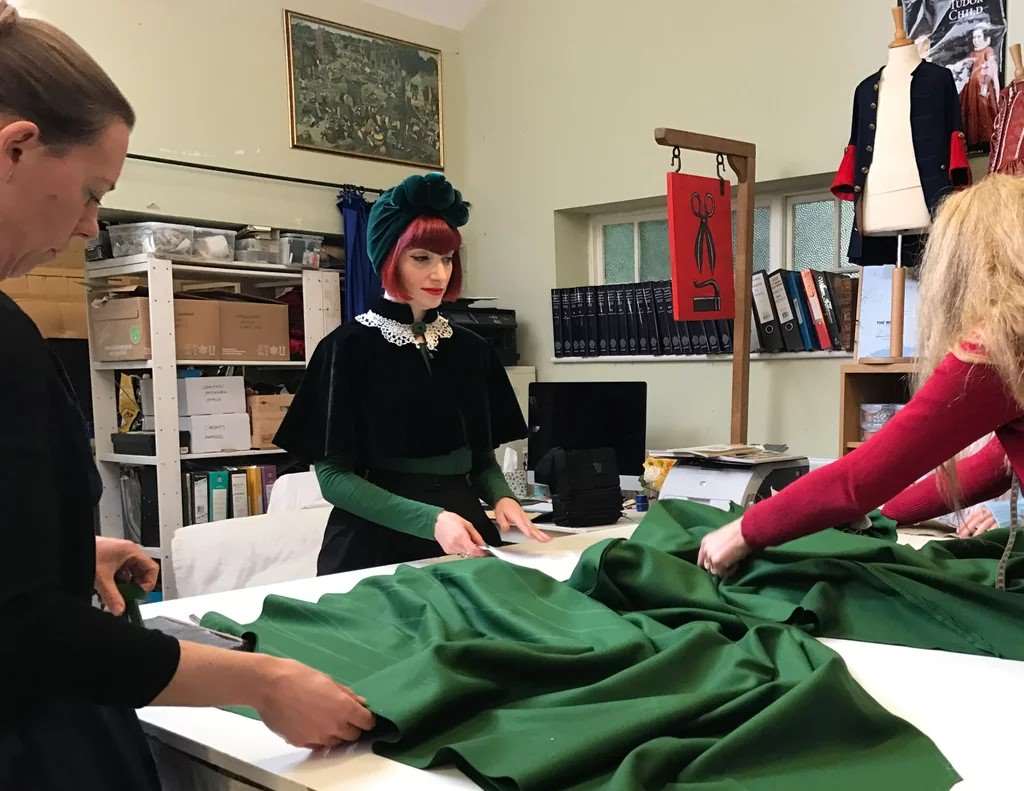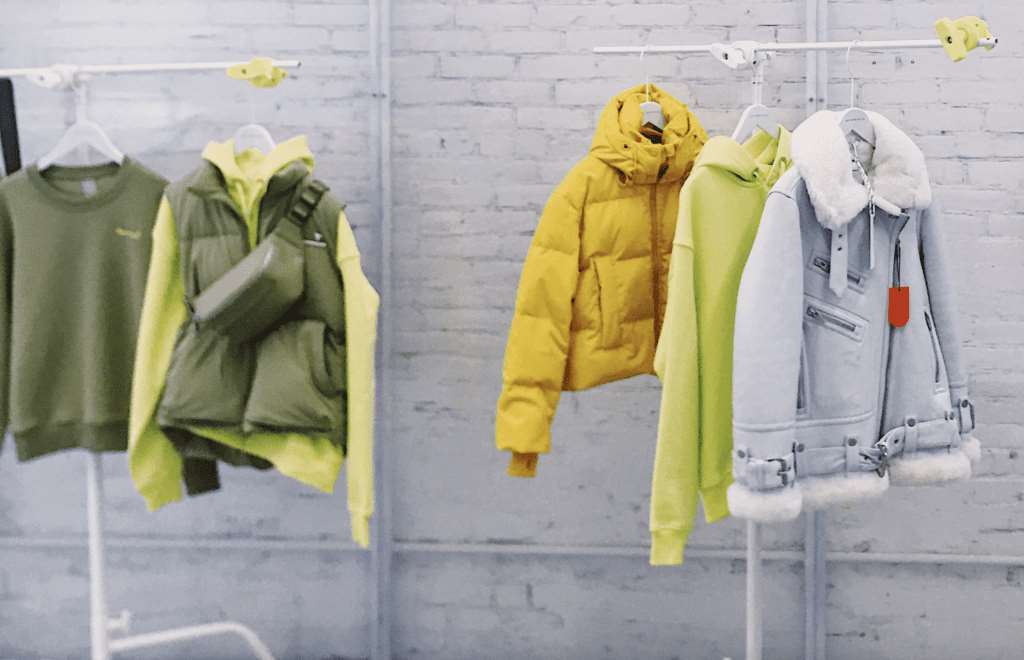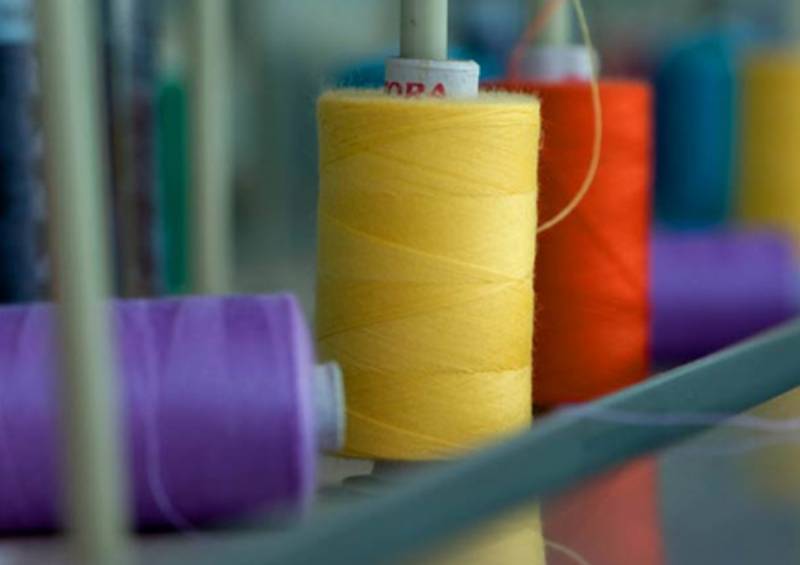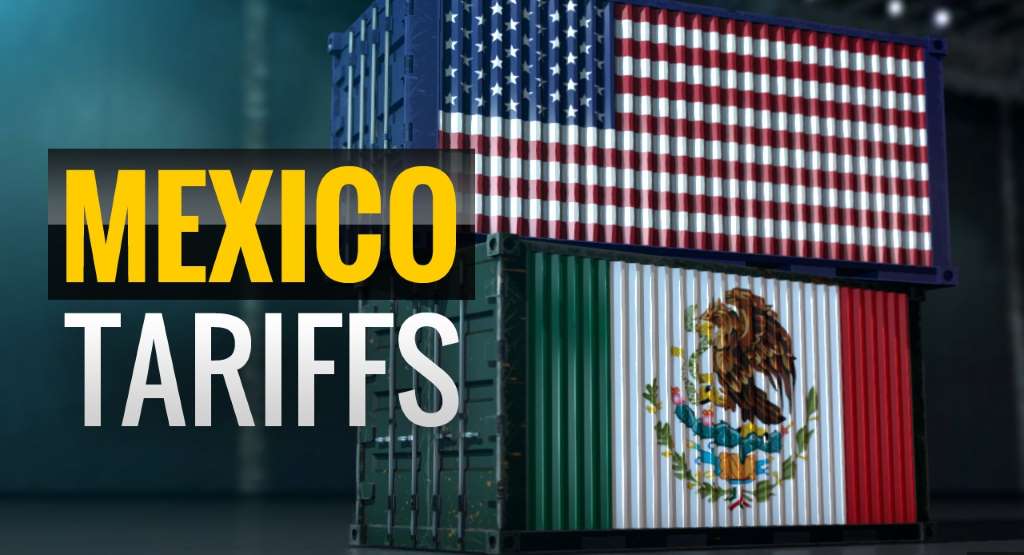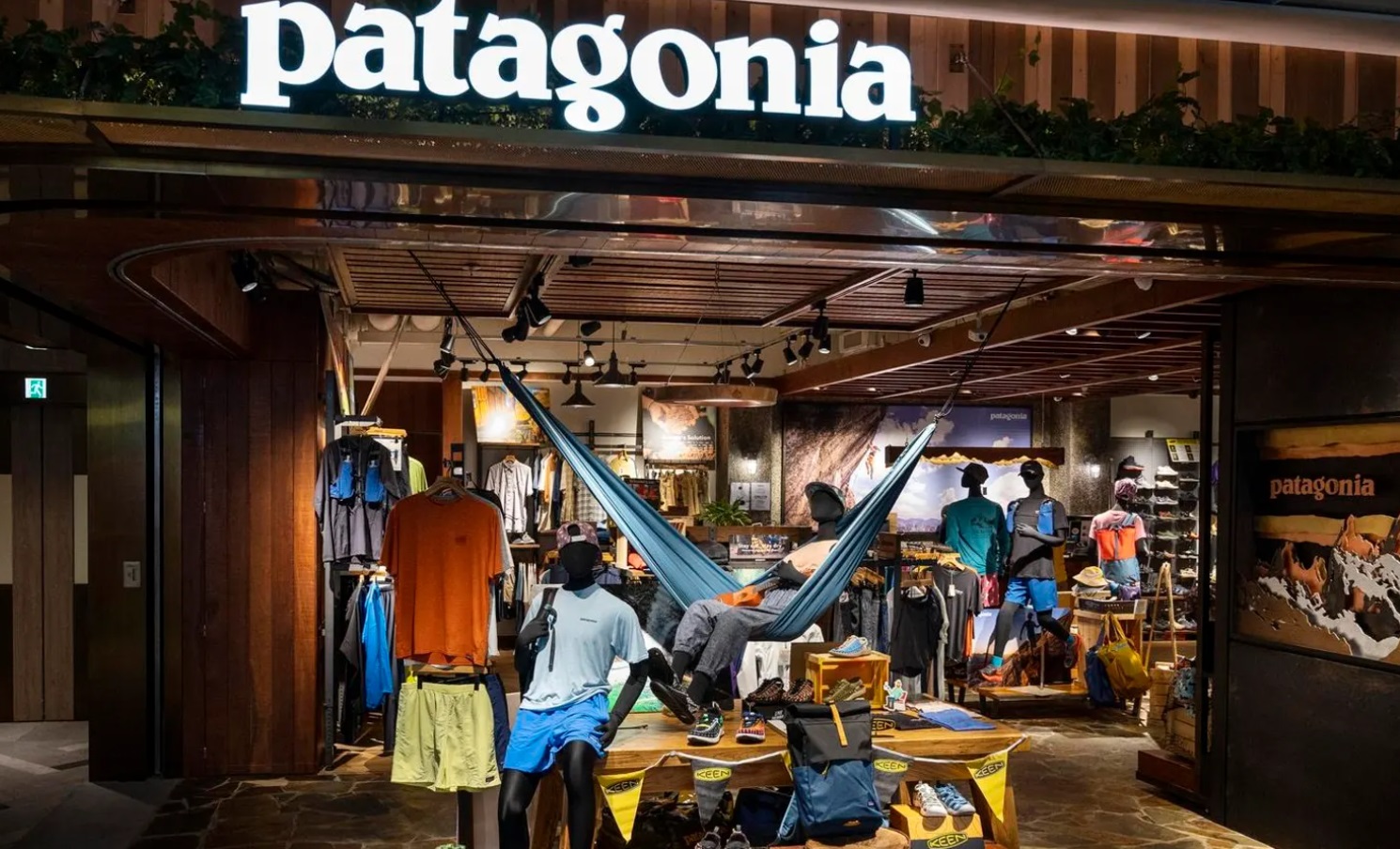FW
As foreign direct investment is pouring into Vietnam’s textile and garment industry, it is causing concern in the country. Foreign investors, especially Chinese, are pouring huge capital into textile and dyeing projects in Vietnam. Local authorities have been asked to examine projects thoroughly before licensing to be sure that the projects can satisfy requirements of occupancy rates in industrial zones, and technological and environmental standards.
An increase in textile and garment complexes has been seen as a threat to the environment. There are also fears the complexes will import and use outdated energy consuming technologies. Many provinces in Vietnam now don’t welcome textile and dyeing projects. They have decided to say no to projects with high environmental risks.
Of the $11 billion worth of foreign direct investment poured into Vietnam so far this year, $3.5 billion went to textile and garment projects. The investment wave in textile and garment projects began in 2014 when foreign investors heard Vietnam was going to sign the Trans Pacific Partnership Agreement (TPP).
The TPP has encouraged many foreign textile and garment firms to boost investments in Vietnam. The yarn forward rule under the TPP requires that yarns, fabrics and final garments to be exported within the TPP should be produced in TPP member countries.
To draw attention to a global campaign demanding long term compensation to the families affected by the Ali Enterprises factory fire in 2012. Shahida Parveen and Farhat Fatima from Pakistan will visit KiK in Berlin from November 23 to 27 2015. During her stay in Germany, Parveen intends to deliver #MakeKikPay petition to KiK representatives. Parveen is a widow of one of the workers who was killed in the fire. Fatima, from the Pakistan Institute of Labour Education and Research (PILER) will accompany Parveen. PILER is an organisation that signed a legal agreement with KiK for a negotiated settlement of long-term compensation to the survivors and victims’ families of Ali enterprises tragedy.
A fire broke out in the garment factory Ali Enterprises in Karachi, Pakistan on September 11 2012 in which around 254 workers were killed and many more injured as doors were locked, escape routes were blocked and windows were barred.
The Ali Enterprises factory was solely producing jeans for German low-cost retailer KiK when tragedy struck. In December 2012, KiK signed a Memorandum of Understanding (MoU) with PILER after the disaster. However, KiK is yet to fulfil the terms of the legal agreement, notably to engage in good faith negotiations to determine long-term compensation for the victims and to pay $ 250,000 for future labour standard enforcement more than three years after the incident.
The families of those who were killed or injured in the fire have been negatively impacted with many struggling to make ends meet. Several international groups and labour unions, including the Clean Clothes Campaign (CCC), and global unions IndustriALL and UNI, have supported Parveen’s global petition.
For the first four months of this year, China’s apparel and accessories exports increased by 1.8 per cent. China’s exports of clothing and jewelry products to the EU dropped 12.1 per cent but exports to the US and Japan rose six per cent and 4.8 per cent respectively. Exports to these three markets account for 53.7 per cent of China’s clothing and jewelry products during the same period. Clothing products were mainly made of cotton.
China’s chemical fiber and industrial textiles exports had a 2.5 per cent year-on-year drop. Exports of natural fiber products to Vietnam saw a four per cent year-on-year growth. Exports of textile machinery to India and the UAE decreased consistently but there was growth in sales to Indonesia. Exports of polyester products to the European Union and the US showed a significant rise. Exports of chemical fibers and textiles for industrial use showed a rise of 28.6 per cent. Combined exports of the top 10 enterprise accounted for 4.8 per cent of the total export amount.
Over the year, the textile industry in China has seen a fall in exports and a rise in the cost of raw materials and payments. In addition, there was a sharp drop in the export of textile raw materials, products and textile machinery.
Unless Bangladeshi exporters can satisfy Indian authorities by December 16, India may impose anti-dumping duty on jute goods imported from Bangladesh. An investigation into import of jute products from Bangladesh and Nepal has already been launched by the authority,Directorate General of Anti-Dumping and Allied Duties (DGAD) on request of the Indian Jute Mills Association (IJMA).
Sources say, to nullify the impact of ‘export subsidies’ given by Bangladesh, Indian manufacturers, want penal duties to be imposed on jute products imported from there, making its products cheaper in India in the absence of import duty. Some mills, including a majority belonging to IJMA, are illegally importing jute bags from Bangladesh and Nepal at a cheaper price to sell the same at higher prices to state-owned food procuring agencies, say sources. This has been discovered by the Indian Jute Commissioner, state these sources.
The DGAD has decided to conduct the investigation in response to queries and it has issued a letter, with a copy of Initiation Notification of anti-dumping duty investigation against Bangladesh jute products, to Bangladesh High Commission in Delhi on November 6 this year, as part of the investigation.
With regards import of jute products originating in or exported from Bangladesh the DGAD advised Bangladesh exporters and parties concerned to respond to the queries of DGAD. The DGAD stated they could do this through a prescribed form within 40 days of the date of issuance of the letter. Moreover, all the mills concerned were asked to respond to the Indian authorities individually replying to the information they ask for by the Bangladesh Tariff Commission after they held a meeting in this connection.
The sales tax levied by Pakistan government is causing great distress among exporters. The value-added textile exporters are worried about the ‘sales tax trap’, which is eating into their liquidity and making their products costlier in the global markets. The incumbent PML-N government is being blamed by exporters for continuing the bad sales tax policy. During its rule from 2008-2013, this tax, started by the PPP was slapped on them with two percent. The exporters termed the irrational tax as a ‘stumbling block’ in the country’s exports growth.
Muhammad Javed Bilwani, Chairman, Pakistan Apparel Forum (PAF) said that at the end of PPP government’s tenure, it had imposed 2 per cent sales tax on exports, which was then strongly opposed by the PML-N. However, he said that now the PML-N government is continuing with the same tax it had opposed in the past. The country has seen a substantial fall in exports standing at 13.42 per cent during July-October 2015-16, due to the soaring cost of doing business, added Bilwani. The country's global competing nations, such as Bangladesh had grown its exports by almost five percent and Vietnam by 9.20 percent during the same period, though, he added.
Bilwani also believes that the government's economic policies were on a ‘wrong’ track and added that the figures once again clearly prove that the government is consulting only with those whose agenda is to decrease exports for their personal gains. He said that in the last fiscal year, 2014-15, Pakistan’s overall exports dipped by 5 percent. The 50 per cent rise in tax, Bilwani believes will scale down the value-added textile exports.
North India Section of Textile Institute, Manchester (NISTI), Department of Textiles Technology (IIT Delhi) and AIIMS are jointly organizing a one-day event – ‘Medical Textiles Conclave: An Interface between Medical and Textile Fraternity’ on December 6, 2015 at PHD House in New Delhi.
Applications of textiles in the medical sector (medical textiles) are diverse and vary from a single thread suture or a simple gauze to the highly complex composite structures used as permanent body implants and from simple masks and sheets to scaffolds used for tissue engineering. The huge requirement for these medical products is currently met through imports, as there are hardly any large scale domestic manufacturers in this segment while some products are not available at all. Thus, medical textiles - is an emerging sector of the textile industry which has immense scope and potential in the country.
While on one hand, the textile industry is looking for product diversification and value addition, on the other, the medical sector is looking for products that are affordable, accessible and meet the unique healthcare needs of the Indian population. In light of the above, this joint conclave is being organised with an aim to create an interdisciplinary platform for doctors, textile manufacturers, converters and researchers of medical textiles to comprehend the market potential and to explore the prospects for domestic production. The conclave will focus on the ‘need identification’ and potential for ‘Make in India’.
Bangladesh and the United States will hold the second round of TICFA meeting in Washington today in which Bangladesh will highlight the progress in terms of RMG sector reforms in a bid to get back GSP benefit in the US market. Both sides will also explore areas to boost trade and investment between the two countries.
Senior Secretary of Commerce Hedayetullah Al Mamun and Assistant US Trade Representative for South Asia Mike Delaney will co-chair the Ticfa Forum meeting. On November 25, 2013, Bangladesh and the US had signed the Trade and Investment Cooperation Forum Agreement (Ticfa) to establish an annual forum to identify and address obstacles to increasing bilateral trade and investment. The first Ticfa meeting was held in Dhaka in April last year.
Bangladesh has so far submitted its progress report twice in line with 16-point US Action Plan for Bangladesh, to the United States Trade Representative, the Chief trade negotiator for the Obama administration. However, Bangladesh is yet to receive any positive response.
“We are trying to get duty-free entry for garment items to the US,” Commerce Minister Tofail Ahmed had told reporters while talking about the country's preparations to attend the 10th WTO ministerial conference in Kenya from December 15-18, 2015.
According to Ahmed, Bangladesh is one of the highest tax paying nations in the American market and the country's garment exports to the US have maintained buoyant growth. The higher rate of duty and suspension of trade privileges could not stop the growth of garment exports to the US. Ahmed, who is also the coordinator for the least-developed countries (LDCs) in the WTO summit, will lead the 19-member Bangladesh delegation.
Ustr.gov
Mincom.gov.bd
Spinning mill owners in Ludhiana, Punjab have accused the state government of deliberately pushing them into a crisis by not reducing rates of value added tax (VAT) on yarn manufactured by them. VAT on yarn in many states is either nil or 2 per cent whereas for manufacturers in Punjab, it is at 6.05 per cent, so the cost of production of local manufacturers is higher by almost 6 per cent compared to the manufacturers of other states.
A meeting was held recently, chaired by industries minister Madan Mohan Mittal to discuss and find solution to the issues being faced by the yarn manufacturers in the state, where industrialists also informed the minister about how 10 spinning mills worth close to Rs 800 crores were forced to shut their units due to the huge difference between VAT rates of Punjab against the other states.
Highlighting the issue, Akhil Malhotra, MD Shiva Texfabs, said that the Punjab spinning industry is facing problems due to piled up debts, low orders and huge difference between VAT rates of Punjab and other states, which is even forcing the mills to shutter their units.
He demanded that the only solution to this problem is reduction in the VAT rate to 3 per cent. Yarn manufacturer Sanjiv Garg of Garg Acrylics also pointed out to the issue of rising imports of yarn in the state of Punjab from other states. He said that around Rs 10,000 crores worth of yarn has been imported to Punjab last year from states like Uttar Pradesh, Himachal Pradesh and Delhi, where VAT is nil. He also stated that cut down in VAT rates for the industry would also result in the excise and taxation department earning extra revenue of Rs 300 crores as these departments will not have to pay VAT refunds to the garment industry.
Punjab.gov.in
A name synonymous with textile education in India, R.C.D. Kaushik breathed his last on November 18, 2015 at the age of 80 in New Delhi.
After securing BTech - Textile Technology in 1956 from Delhi College of Engineering, he was among the four scholars from India, selected for the coveted scholarship in the US. He earned M.S. Textile Engineering from the Massachusetts University - Lowell Campus in 1961. He was honoured with F.T.I. and Eminent Engineer award by IEI. As a Director, he spearheaded Technological Institute of Textiles & Sciences, Bhiwani (T.I.T. & S) for four decades making it a name to reckon with in textile education. In his lifespan, he wrote over 100 research papers and as the head of TIT institute for 30 long years in the role of Director-Principal, he translated his vision and ideas into reality.
Kaushik has also been associated with several educational institutes and industry organisations. His recognition as a teacher, administrator and researcher of eminence is truly reflected by the fact that, time and again, the President of India, in his/her capacity as the visitor of IIT Delhi, deputed him as the Visitor’s Nominee on the various selection committees for senior faculty positions in the textile department of IIT Delhi.
The research, development and marketing body of the Australian wool industry Australian Wool Innovation (AWI) plans to significantly increase its investment in reproductive efficiency of Merino over the next four years.
Building on its investment of over $2.7 million in all facets of the Lifetime Ewe Management program over four years, AWI aims in new research and development opportunities to improve the reproductive performance of the Merino. As AWI’s flagship extension program, Lifetime Ewe Management (LTEM) has now directly influenced 20 per cent of the national flock. The 3,000 wool producers that have participated in LTEM have on average increased weaning rates by 10 per cent and reduced ewe mortality by 30 per cent. AWI now aims to increase the participation rate of LTEM to 50 per cent of the national flock by 2019, assisted by regional variants of the program.
A farm based course developed and delivered through Rural Industries Skill Training or RIST, LTEM involves woolgrowers learning to best match the energy requirements of animals with pasture production and supplementary feeding to maximise production and animal welfare. To help guide research opportunities, renew strategy and deliver further extension, AWI has brought on board renowned sheep researcher Dr Andrew Thompson as the new Program Manager of Reproduction for AWI.
www.wool.com

